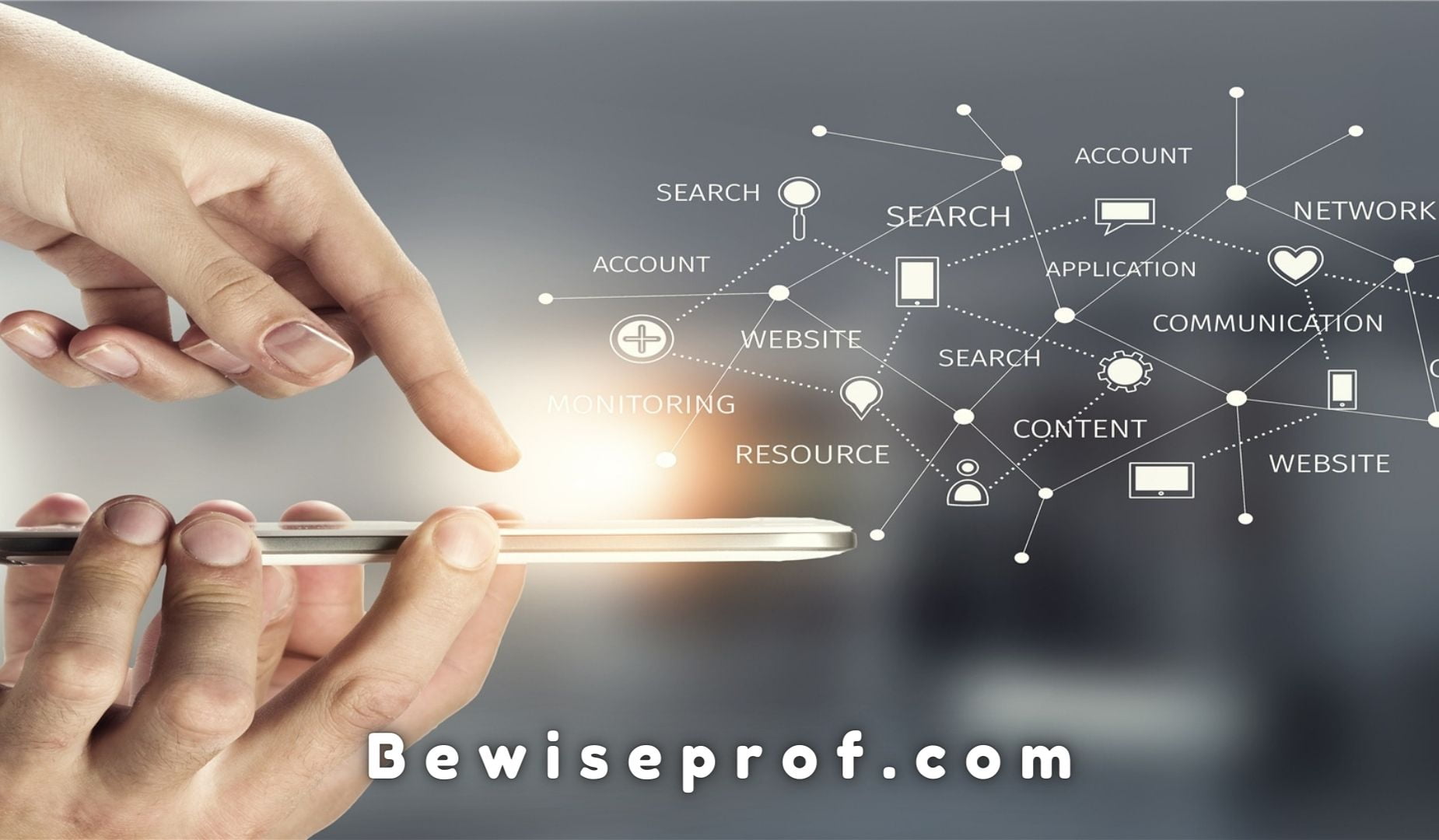The digital age has brought about many conveniences, including the ability to store, access, and share information at any time from anywhere. Unfortunately, this can also increase the risk of data breaches and cyber-attacks which can have devastating personal and financial consequences. Luckily, there are many apps available that can help you protect your data and keep it safe.
Encrypted Messaging
Messaging apps like WhatsApp and Signal offer end-to-end encryption. This means that only the sender and recipient can read the messages. This can be a great way to protect sensitive conversations from prying eyes. In addition to encryption, these apps often offer other privacy features, such as the ability to set messages to self-destruct after a certain amount of time.
For further security, consider downloading a phone number app to give your phone a second number. This allows you to make calls, send text messages, and share photos or videos without giving your personal phone number out to too many people.
Password Managers
One of the most basic steps you can take to protect your data is to create strong, unique passwords for each of your accounts. Don’t use the same password for every single account you have. Password managers can help you generate unique passwords and store them securely.
Some popular password manager apps include LastPass, Dashlane, and 1Password. These apps also often include features like two-factor authentication and the ability to audit your passwords to identify weak or reused combinations.
VPNs
A Virtual Private Network (VPN) can also help protect your online privacy by encrypting your internet traffic and routing it through a server in a different location. This is especially important when using public Wi-Fi, as it can prevent others on the same network from intercepting your data. There are many VPN apps available for both mobile devices and desktops, such as NordVPN, ExpressVPN, and CyberGhost.
Two-Factor Authentication
Two-factor authentication (2FA) is a security measure that requires a user to provide two different types of identification before they can access an account. This can be something like your password and your fingerprint or your password and a one-time code sent to your phone. Many popular apps, such as Google and Facebook, offer 2FA as an option. Additionally, there are third-party apps, such as Authy and Google Authenticator, that can be used to generate these codes for a variety of accounts.
Anti-Virus and Anti-Malware
Anti-virus and anti-malware apps can help protect your devices from malicious software that can compromise your data. These apps can scan your device for viruses and other malicious software and alert you if anything is found. Some of the more popular anti-virus and anti-malware apps include Norton, McAfee, and Avast.
Ad Blockers
Ads are not only annoying, but they can also be a security risk. Malicious ads can contain code that might infect your device with malware or redirect you to a phishing site. Ad blockers can help prevent these ads from ever appearing in the first place. AdBlock Plus and uBlock Origin are two of the most common ad blockers out there.
Privacy Browsers
Privacy-focused browsers like Brave and Firefox Focus can help protect your online privacy by blocking trackers, blocking ads, and preventing websites from collecting your data. These browsers often offer other privacy features, such as the ability to clear your browsing history automatically and the ability to use encrypted connections whenever possible.
Passwordless Authentication
Passwordless authentication is a newer technology that allows users to access their accounts and log in without using a password. Instead, users can use biometric authentication, such as a fingerprint or facial recognition, or a physical token like a USB key. Apps like Windows Hello and Google’s Titan Security Key can be used for passwordless authentication. Facial recognition is also one of the better-known aspects of the Apple iPhone for its security and ease of use.
Safety in the Digital Age
In today’s digital age, protecting personal data is crucial to safeguarding our privacy and security. Fortunately, with the proliferation of technology, there are now numerous apps available that can help us protect our data. From password managers to virtual private networks, these apps offer a range of features that can help us stay safe online.
Whether you’re an individual looking to protect your personal information or a business looking to secure confidential data, there are many options available to you. By using the right apps and taking other security measures, such as using strong passwords, keeping your software systems up-to-date, and staying vigilant against phishing scams, you can reduce the risk of data breaches and keep your information safe.
It’s essential to understand that no app or security measure is completely foolproof. Stay up-to-date with the latest security trends and be proactive in protecting your data. By using a combination of apps and best practices, you can stay one step ahead of cybercriminals and protect your personal information in the digital age.
